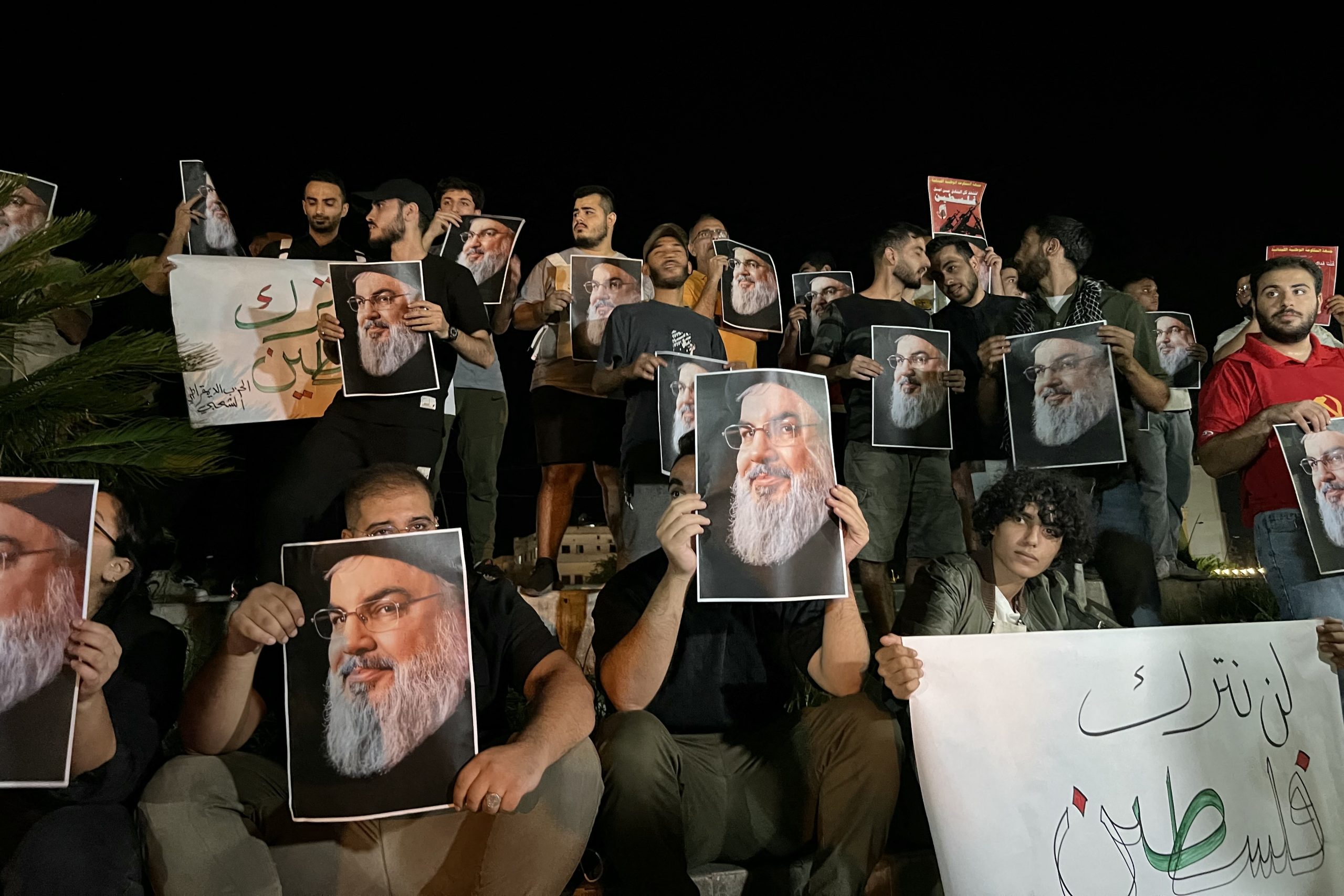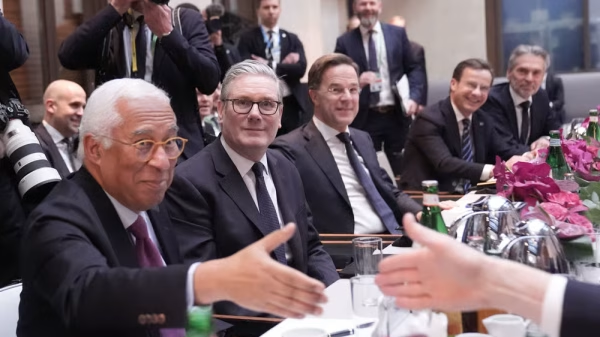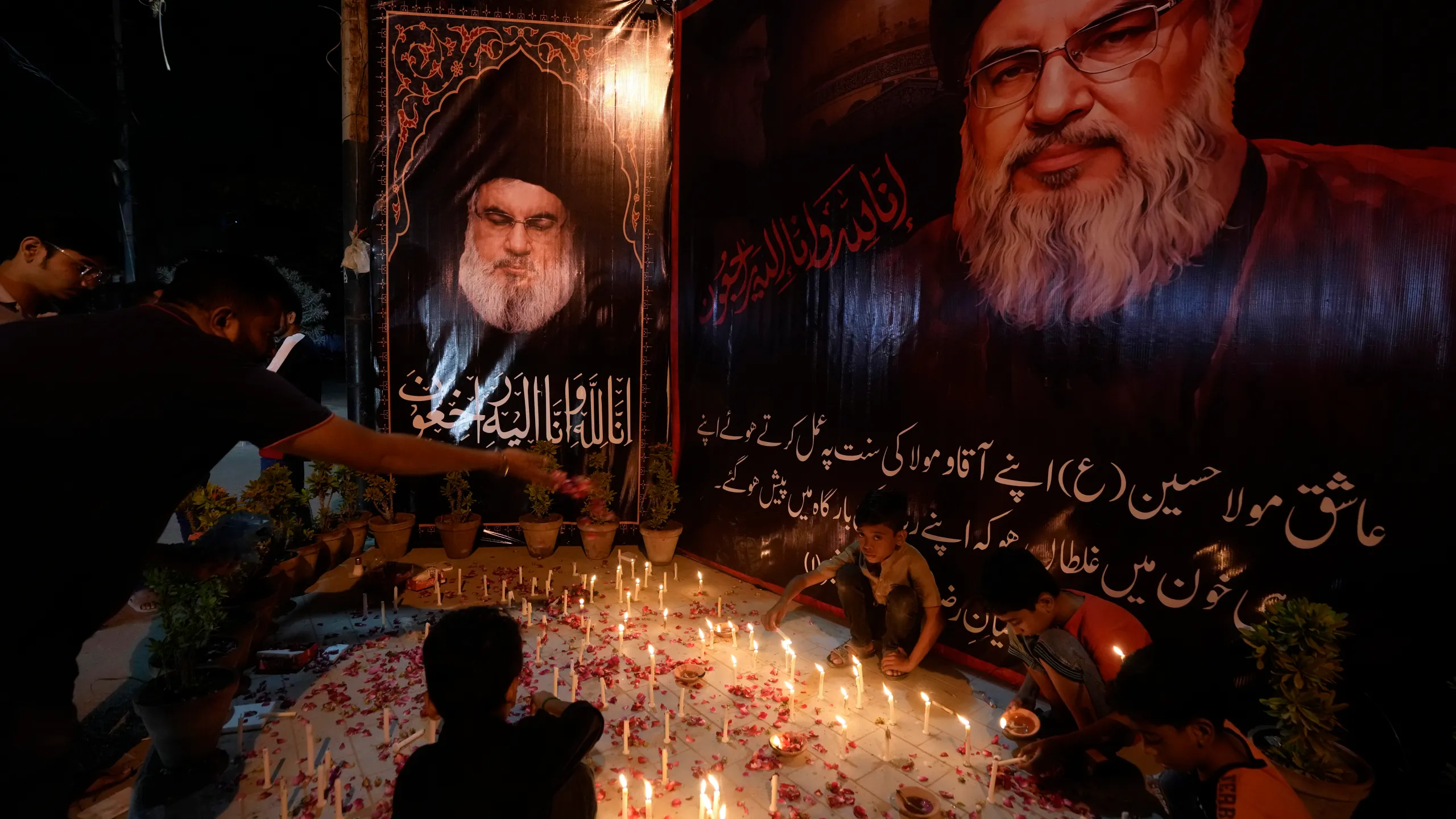The assassination of Hassan Nasrallah, Hezbollah’s leader, marks a profound moment in the Middle East that goes beyond military or symbolic implications. Nasrallah had long been a powerful figure in the region, particularly for his staunch opposition to Israel and his support for Palestinian resistance.
Even amid controversies like his involvement in the Syrian Civil War, his influence remained widespread. His death reshapes the balance of power, leaving a significant void in the opposition against Israeli policies.
Widely regarded as one of the most significant assassinations in Israeli history, Nasrallah’s death represents more than just the loss of a leader. Over the years, he had been a formidable adversary to Israel, both through direct military actions and his charismatic leadership.
His speeches and the missiles Hezbollah launched under his direction made him a constant threat to Israel’s security. His absence is expected to alter regional dynamics, providing Israel with opportunities to solidify new alliances, particularly with Arab nations seeking normalization.
Nasrallah’s assassination introduces a shift toward a unipolar Middle East, where Israel might increasingly dictate the terms of engagement with other states. As Arab countries consider new paths for diplomatic relations with Israel, the traditional frameworks for conflict in the region are being upended.

Assassination of Hezbollah’s Hassan Nasrallah Signals Major Power Shift in Middle East
This new direction comes with a strategic shift that goes beyond established rules of engagement, showcasing Israel’s readiness to alter the regional order to its advantage.
The assassination of Nasrallah seems to have drawn Iran deeper into the conflict, with an immediate missile strike in retaliation. Iran’s actions suggest that the Middle East may now be entering a phase of intense regional warfare, with Israel at the center of these escalations.
The firing of over 180 missiles at Israel is not just a show of force but a signal that both Iran and its allies are prepared for a prolonged and multifaceted conflict. Israel’s aggressive moves are setting the stage for broader regional confrontations.
Earlier incidents, such as the assassinations of key figures like Fouad Shukr and Ismail Haniyeh, appear to have been tests of Hezbollah’s and Iran’s willingness to challenge Israel’s power. These actions suggest a gradual erosion of the traditional rules of engagement in favor of more direct military confrontations.
Israel’s response to these events, especially with high-profile operations against Hezbollah’s leadership, signals that it is prepared to escalate further, with Nasrallah’s assassination being a major step in that direction.
Hezbollah’s retaliatory strikes, including attacks on critical Israeli infrastructure, show that the organization is willing to push the boundaries of its military capabilities in response to Israeli actions.
These exchanges are part of a broader strategy where both sides test the limits of their military forces, without necessarily crossing the threshold into full-scale war. Nasrallah’s assassination marks a turning point in these interactions, pushing the region into increasingly unpredictable and dangerous territory.
Prime Minister Benjamin Netanyahu’s role in the assassination of Nasrallah and the timing of his UN speech exemplifies his strategy of bending international norms to Israel’s benefit. His decision to act decisively, despite potential global backlash, shows a disregard for established protocols.
Netanyahu’s consistent actions, including military strikes and political maneuvering, suggest that he is willing to break any barrier that might hinder Israel’s geopolitical goals in the Middle East.
Netanyahu’s vision for Israel is clear: total dominance in the region. His political and military strategy aims to eradicate the Palestinian cause and secure Israel’s position as the leading power in the Middle East.
This vision has remained consistent throughout his political career, as evidenced by his refusal to relinquish control over the West Bank, Gaza, or Jerusalem. Netanyahu’s media campaigns and public appearances further solidify his image as a leader determined to reshape the region according to his vision, regardless of international opposition.











































